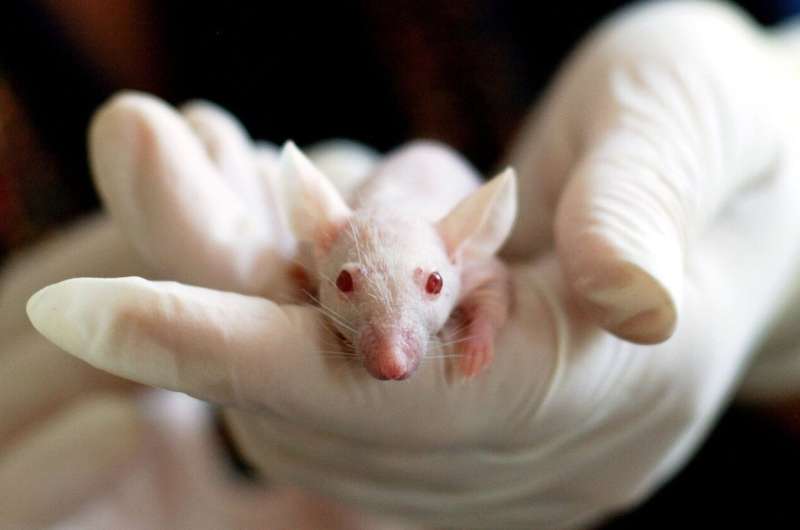Animal experimentation in research: between animal welfare and scientific quality

In animal experimentation in research, it is important to ensure both the highest scientific quality and high animal welfare standards, yet in practice, this can lead to interdependencies and conflicts. The Permanent Senate Commission on Animal Protection and Experimentation of the Deutsche Forschungsgemeinschaft (DFG, German Research Foundation) calls on researchers to commit to animal welfare policies as an integral part of scientifically valid project design. To support this goal, the Senate Commission has now published guidelines on the design, planning and implementation of research projects involving animal experimentation.
"With these guidelines, the Senate Commission wants to establish a closer link between the two elementary aspects of animal experimentation in research—animal welfare and scientific validity," says commission chair Prof. Brigitte Vollmar. "We have identified specific requirements for conducting animal experiments in research and also offer assistance on how to ensure validity when planning and describing animal experimental research."
The publication "Animal Experimentation in Research: The 3Rs Principle and the Validity of Scientific Research" highlights the connection between animal welfare policies in research, particularly according to the 3Rs principle, and the validity of scientific research projects. The 3Rs principle obliges researchers to replace animal experiments with alternative methods wherever possible, to reduce the number of animals used in experiments and to refine experiments so as to minimise the harm inflicted on animals. The Senate Commission notes that while observing and implementing the 3Rs principle is indispensable, it makes sense only in combination with scientifically sound project design. Only if both aspects are fully brought to bear can scientific validity, replicability and animal welfare in animal experimentation be ensured.
According to the Senate Commission, the scientific validity of experimental findings largely depends on the quality of the animal model, the quality of the postulated relationship between cause and effect, and the degree to which experimental results can be generalised beyond the specific conditions of the experiment. Finally, the guidelines identify areas of tension that arise in research practice, for example when selecting animal species or determining the number of animals, and offer recommendations on how to handle them.
"These two aspects—animal welfare and scientific validity—are inseparably linked and therefore need to be taken into account across the scientific community early on when designing and describing a research project," says Vollmar.
More information: Guidelines: Animal Experimentation in Research - The 3Rs Principle and the Validity of Scientific Research. www.dfg.de/download/pdf/dfg_im … _tierversuche_en.pdf
Provided by Deutsche Forschungsgemeinschaft (DFG)


















